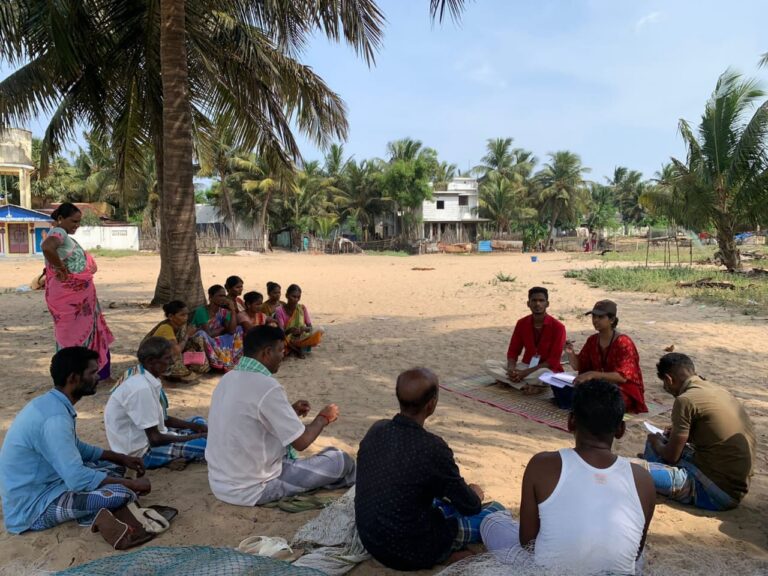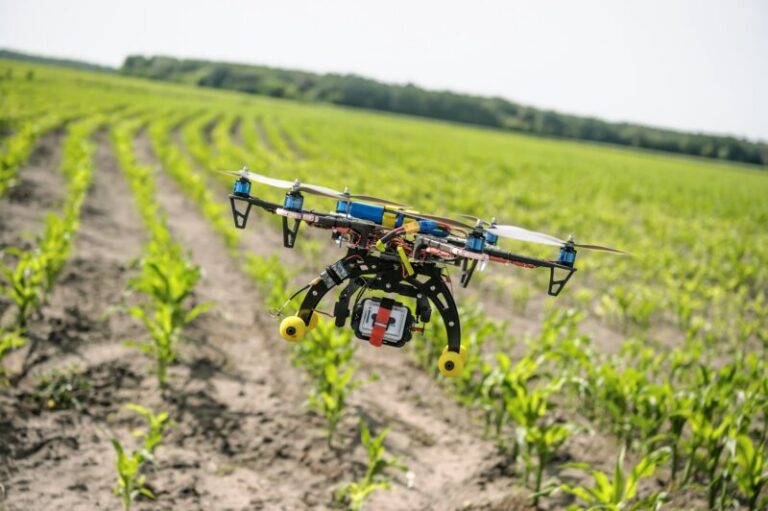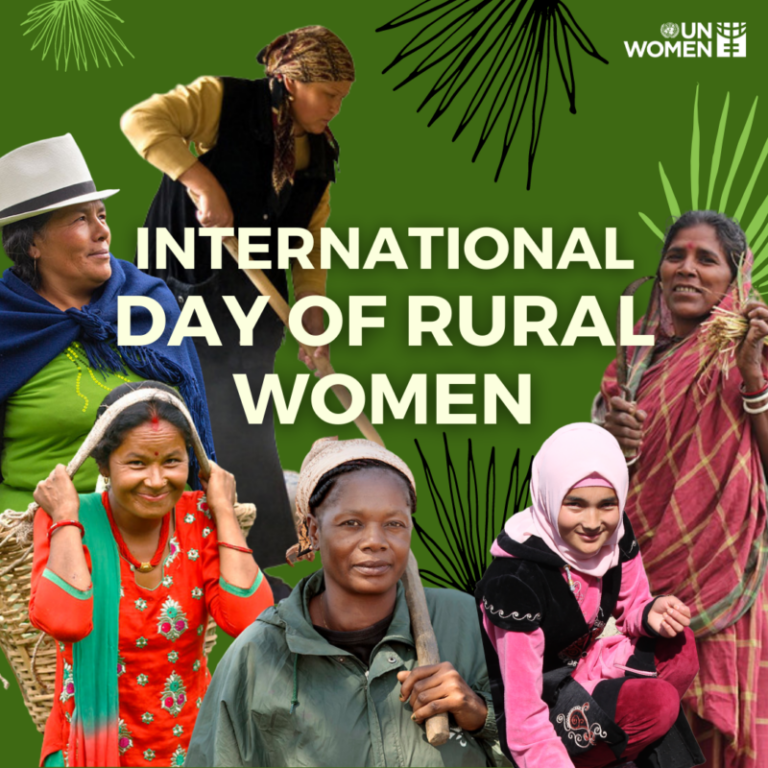Over the last year, organizations and individuals have had to adapt to the COVID-19 humanitarian and economic crisis. While governments globally made efforts to provide immediate relief, vulnerable communities continued to face some of the most profound challenges they have faced in decades.
As we restart and rebuild our economy, we need to identify sustainable and inclusive solutions to support vulnerable communities. This requires systematic action at each step-
- A deep engagement with the communities to understand their true needs
- Design and implementation of solutions from a long-term perspective
- Scale-up to ensure self-reliance and sustainability using the 4E paradigm – Empower, Engage, Execute and Exit
To initiate change, we need to first avoid the ‘back to normal’ thinking. COVID-19 highlighted failed systems in the India and worldwide because it was like a slow-moving, powerful cyclone that wreaked havoc across the country rather than isolating its impact to a single spot. Just-in-time supply chains and overburdened unemployment systems don’t need to be patched up; they need to be dismantled and rebuilt from the ground up, with people’s needs at the forefront. Various global and local organizations have been leading this change during the pandemic.
Fighting hunger
As a result of the lockdown, many informal workers have lost their jobs and food supply lines have been interrupted in multiple locations. According to a World bank report in 2020, many SHGs pivoted from being only informal credit savings groups to set up over 10,000 community kitchens across the country to feed the stranded employees, the impoverished, and the vulnerable. The Kudumbashree network in Kerala, one of the country’s first community platforms of women with 4.4 million members and several years of culinary experience behind them significantly increased their efforts and currently operate 1,300 kitchens across the state to distribute meals to individuals in need.
Supporting rural livelihood
For rural communities to be self-reliant, financial security and improved infrastructure are paramount. Access to finance is critical for people to sustain their livelihoods. Most dairy farmers do not have enough land to use as collateral for bank loans. Connecting them with organisations like NABFINS can assist them in obtaining low-interest loans to pursue dairy farming. Supporting access to similar linkages and government schemes will enable individuals to participate in rural livelihoods without huge upfront costs.
Identifying need gaps
As health and home have taken centre stage in our lives, businesses have been pushed to reconsider how they use their existing infrastructure. Organizations have successfully capitalized on their devoted consumer base and adjusted their product mixes. MSME garment manufacturers pivoted to make PPE kits, masks and uniforms during the pandemic. Swiggy moved its focus to grocery deliveries, Dyson to ventilators, and Spotify to podcast partnerships. This ensured that customers stayed on their app and received what they needed at the time.
Narrowing the digital divide
UNICEF recently stated that two-thirds of school-aged students across the world lack internet access at home. For young people, and especially for vulnerable youth, the COVID-19 crisis poses considerable risks in the fields of education, employment, mental health and disposable income. Moreover, while youth and future generations will shoulder much of the long-term economic and social consequences of the crisis, their well-being may be superseded by short-term economic and equity considerations.
Across the globe, local United Way NGOs are working to enhance digital inclusivity by focusing on access to technology, access to broadband services, and enhanced technological literacy.
Thinking bottom-up
The demands of any community shape resiliency intrinsically. As a result, embracing community-developed solutions is the greatest way to ensure that individuals and communities can take care of themselves.
Under the supervision of a volunteer group called the Village Development Committee (VDC), many tribal villages in the Sudhagad block of Raigad, Maharashtra, established plans for their village’s prosperity last year. Every house’s economic and social progress is included in the village plan. The plan connected each household to government and non-profit programmes aimed at improving rural livelihood choices. The VDCs of Bhavshet Thakurwadi and Ghotawade Kasarwadi, for example, linked 72 households to diverse off-farm and non-farm occupations, boosting their household income by Rs 40,000 to Rs 100,000, and the average household income has now doubled to Rs 160,000.
At NuSocia, we have strived to put ourselves at the centre of research and evidence-based programs for the communities to create change. We have launched #RespondToRebuild, an initiative to identify inclusive and sustainable solutions beyond the pandemic. We are collaborating with innovators (non-profits and social enterprises) and experts to develop technology-enabled solutions for challenges across healthcare, education, environment and more.
We are looking to partner with socially responsible organizations to help mitigate the effects of this crisis. Your bold and courageous decision to support these projects will help us build a more sustainable and inclusive future. Reach out to us at [email protected] to identify how you can help vulnerable communities have a better future.




